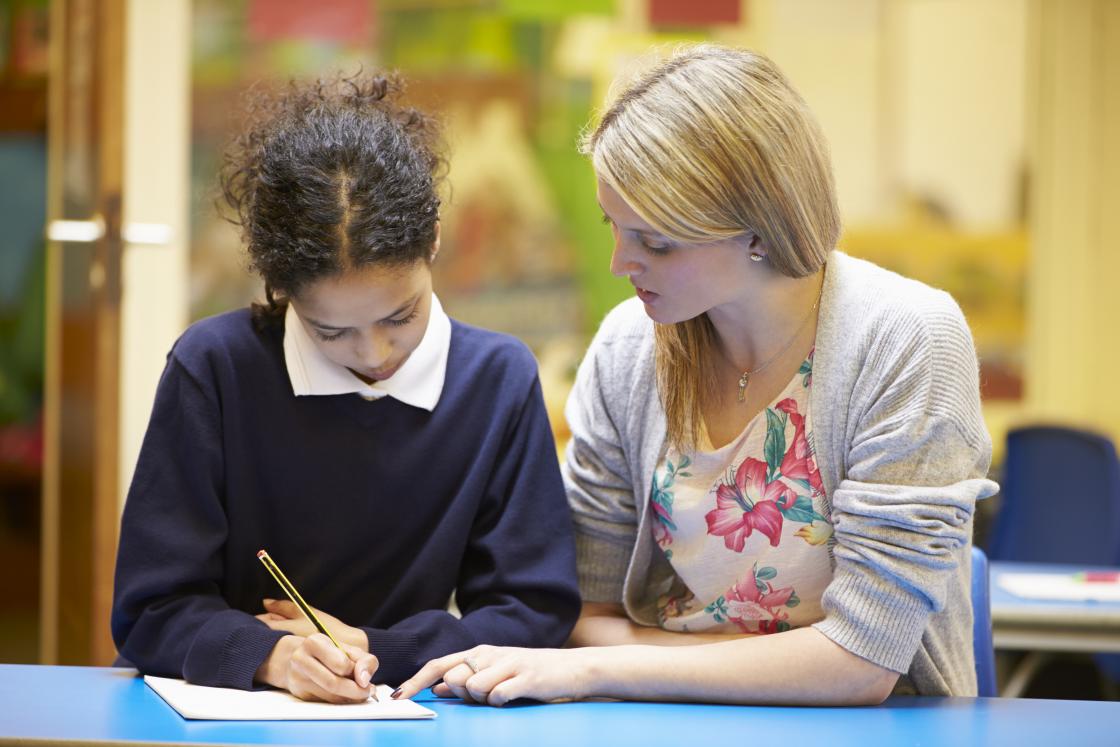Insight
Routes for learning are changing again

Date Published
08/04/2021
Reading time
5 minutes
Amid all the excitement of going back, the exhaustion of providing opportunities for learning remotely, the clatter of laptops perhaps not previously seen more than once a week, getting schools fully open again is going to get messy. In all senses of the word. There will be excited younger pupils re-engaging and perhaps learning to play constructively together again. And there will be older pupils who are a bit anxious that they have missed out and fearful that their job prospects have been harmed by not taking ‘proper exams’.
The potential for mess is huge. But, without doubt, the reality is that schools will find a way through. They’ll do their best to ensure that our young people thrive and prosper to the best of their ability, and they’ll fight for and support those whose individual needs have grown in sometimes unexpected ways – because that’s what teachers do.
Navigating a sensible path through this landscape is, of course, key. The question, is where do you start and how much time do you afford to understanding where your school might ultimately go?
Perhaps some of you as school leaders will be concentrating on getting your pupils to develop a love-to-learn mindset, equipping them with the strategies that will make that learning effective, as so well-articulated in the recent Education Endowment Foundation publication Metacognition and Self-regulated learning.
Or maybe you want to keep up the pace and build, build, build on the momentum of teacher expertise and pupil learning gains identified using technology for remote learning. You want to grab this opportunity to maximise the benefits of a new blended approach to unlocking the potential of curiosity and determination to ‘find out how’.
Perhaps - indeed, more likely – you’re performing that incredible feat of doing short-term intervention planning alongside grappling with a whole raft of other considerations that are now nagging you: Will the WIFI infrastructure hold up to all those extra devices you’ve got? Is the broadband, well, broad enough? And, yes, why is technology now so relevant to what you’re trying to achieve? In fact, what you’ve identified is that technology has now moved from the side to the centre of your thinking.
But what you’ve identified isn’t a result of so much of what has happened in the school building than what has happened outside it. It’s what has happened at home, how you and your staff have adapted to extend excitement for learning onto kitchen tables up and down the country. How refreshing, then, that the press are at last catching up with the idea that using technology to support learning in the home, when planned carefully and supported appropriately (much like all the other considerations that good teachers might put into supporting learning in, you know, the real classroom), can help to close the gap that was evident before the pandemic.
Surely now, the very notion of the ‘real classroom’ also deserves re-imagining. Because the technology allows us to do just that, and to learn from wherever we are (NB the caveats I stipulated above about the conditions for effective learning continue to apply).
All of this, and more, is messy. But this opportunity for the appropriate use of technology to drive a revolution for learning is exciting. It’s also perhaps just one of a handful of potential benefits that we might get from this awful Covid-19 pandemic.
With so much to juggle, so much to mess with, education reform might be the last thing on your mind – but that’s where all this leads to. It’s inevitable because the profession always wants to be the best it can be and do the best for those it serves.
To find out how we can help you to get the best for your school, visit our Education Technology Service or feel free to contact us.
Bren Taylor, Education Specialist, at Entrust
Make an Enquiry
Contact us to enquire about our servicesOr, call us on 0333 300 1900
